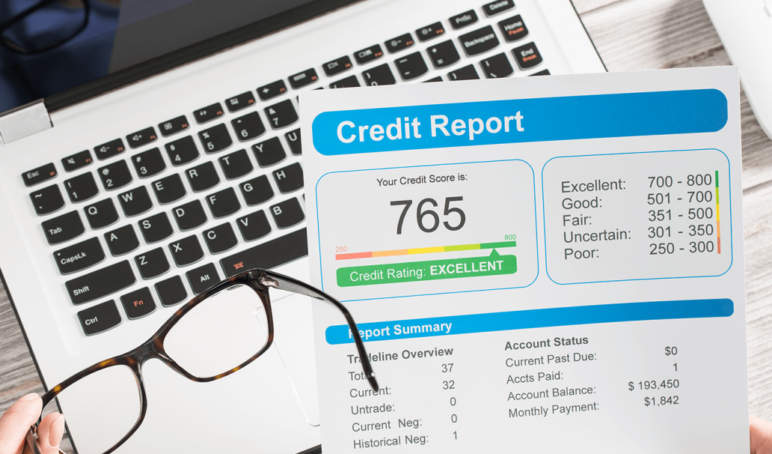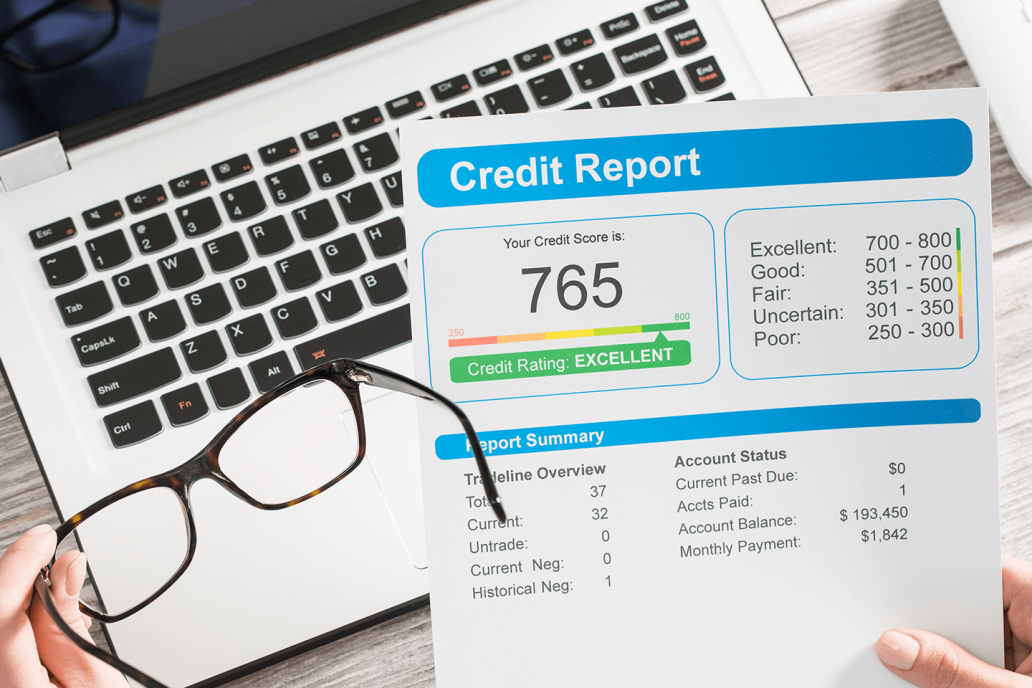

We all face financial setbacks from time to time and can find our credit scores suffering as a result. Even if this situation is far from a desirable one, it’s important not to panic. Building a healthy credit score is easier than you may think. All it takes is a little bit of patience and consistency.
See which actions have a direct and positive impact on your credit score, and which actions have none. Here’s how to rebuild your credit score in six easy steps.
These Transactions Do Not Affect Your Credit Score
It’s a common belief that certain situations and factors will affect your credit score. However, many of those beliefs are simply not true. Here are seven situations that will not affect your credit score.
- Marriage or Divorce | Your marital status does not affect your credit score. Even when married, your individual credit score is yours alone. However, any joint transactions or accounts will affect your respective credit scores.
- Checking Your Credit Score | A request to access your credit score will not affect your credit. It’s worth mentioning that regularly reviewing your credit score is a healthy practice that can keep you on top of your finances.
- Contesting Information on Your Credit Score | Some information found on your credit record may be wrong or inaccurate. You can contest this information. If your file needs to be updated, the credit bureau will take care of it for you. While the results of the amendment can either reflect positively or negatively on your credit score, the act of contesting or requesting a change has zero impact on it.
- Change in Salary or Loss of Employment | As with the above, a change in salary or job loss does not have an impact on your credit score. Of course, if the change in salary or job loss results in late payments, those late payments will negatively affect your credit score.
- Being Refused for Credit | Being denied a line of credit or credit card will not affect your credit. However, asking for credit does.
- Paying with Debit |Paying with your debit card or withdrawing money with debit has zero effect on your credit score, as this money is already yours, in your account. No loan, or credit, has taken place.
- Withdrawing Money from Your CELI, REER, REEI or REEE | These investment accounts help people save money. When you withdraw your savings, taxes may apply, but these transactions are not recorded on your credit score, so this will have zero effect on your credit.
Rebuild Your Credit in Six Easy Steps
Different factors create and affect the calculation of your credit score. Certain transactions have a direct effect on your score. Knowing what affects your credit, and what doesn’t, can help you adjust your financial habits to better your credit rating.
- Pay Your Bills on Time | Paying your bills on time is a principal way to keep your credit in good order. Your payment history accounts for about 35% of your credit score. Here are a few tips to help you pay your bills on time.
- Create a budget | During the next couple of months, keep a record of your income and expenses.
- Make a bill payment calendar | Using a paper or e-calendar, keep track of the dates your bills are due. Note down the dates and amounts for these bills.
- Pay your bills first | Every payday, pay your bills that are due before the following payday. Then, set aside money for groceries, gas, and savings. Whatever is left over is pocket money.If you find paying your bills on time is challenging because you don’t have enough money, this article shares seven ways you can save money every month.
- Never use all of your credit | In general, never use more than 35% of your available credit. So, if you have a credit card with $1000 available, never use more than $350 of that card. If you have cards or lines of credit with more than 35%, pay these off first until you owe less than 35%. Owing a high percentage of your credit has a negative effect on your credit score.
- Keep your credit accounts open until fully paid | Even if you are tempted to close a credit account because of debt, don’t. Creditors need to see healthy maintenance of credit and see your regular payments, over a long period of time, in order to build a good credit history. If you want to take control of your credit health, lower your credit allowance and keep it for emergencies or online purchases only.
- Limit your credit demands | Making multiple requests for credit will have a negative impact on your credit score. Creditors see these demands as proof of a financial crisis. Never open a credit card for no reason. You can build an emergency fund in order to avoid falling back on credit. You can also opt for an online loan, since they are non-related to your credit score.
- Avoid debt collection | This step is directly related to the first one, making sure your bills are paid on time. Any debt collection or bankruptcy will negatively impact your credit score. Try to avoid this situation at all costs. If you find yourself facing debt collectors and your credit score drops, you can always work to raise it back into a healthy standing.
- Find a balance | How many types of credit do you have? Car loan, mortgage, line of credit, credit cards, store credit, etc. Too many open credit accounts or not enough types of credit will negatively impact your credit score. Try to find the perfect balance.
Be Patient and Consistent
Rebuilding your credit score takes time. Start by paying your bills on time. Then, eliminate your loans and credit card debt, step by step. Slowly but surely, you will find your financial health rehabilitated. If you need help to do this don’t hesitate to contact a financial consultant.
Once your credit is better and new financial options are available to you, you will be so happy that you took the time to raise your credit score.





